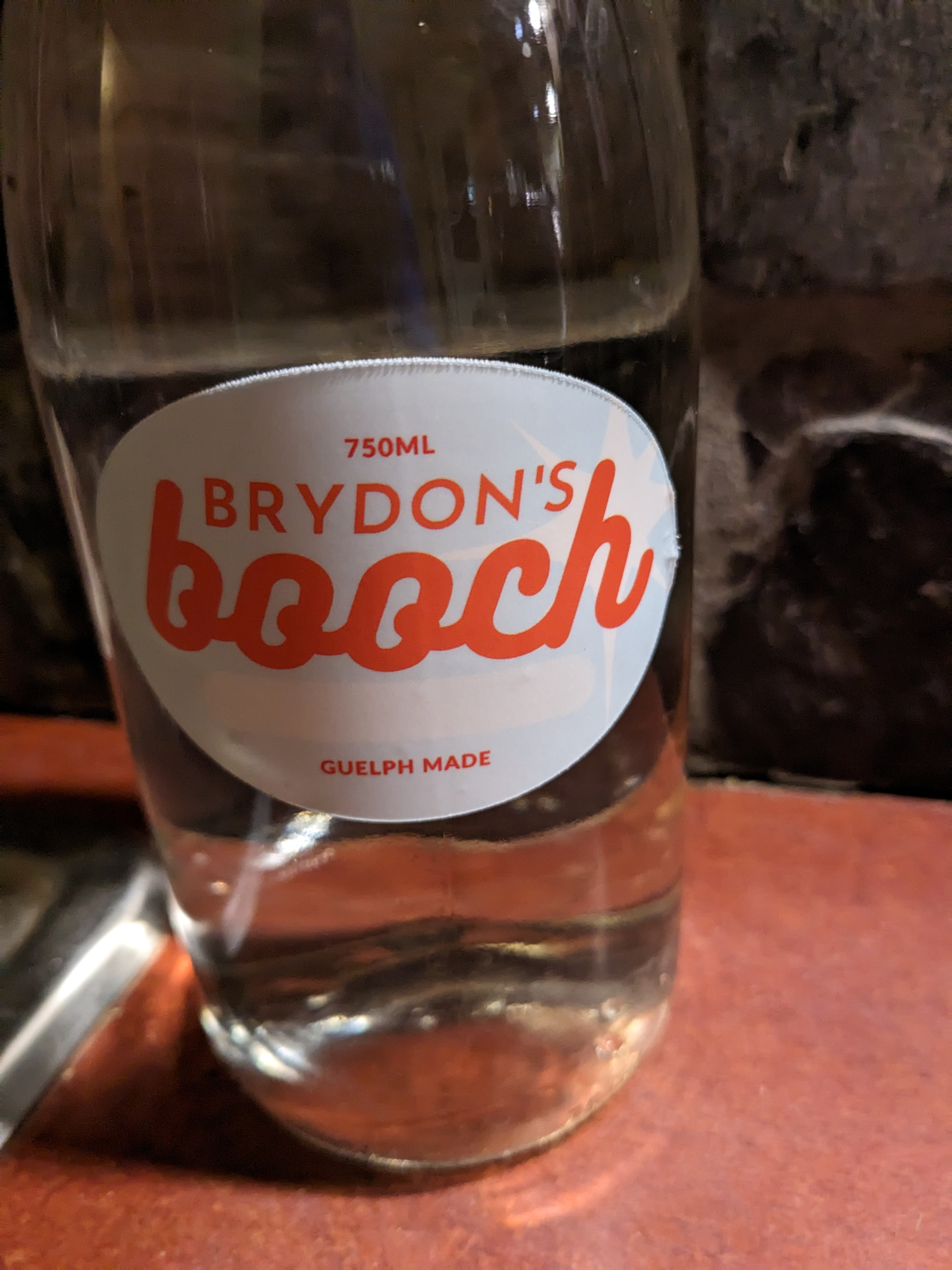Community-Driven Local Kombucha
Having brewed kombucha for years, I've seen firsthand how the craft brewing industry follows a predictable pattern: build, scale, get acquired by a giant brewery, watch loyal customers hope "they don't change" (they always do). The business model inevitably pushes them toward mass distribution and standardization, regardless of their original vision.
Build local, direct-to-consumer as the core model from day zero.

This is a kombucha brand that isn't about getting into every grocery store and pub, but about creating authentic local fermentation hubs that stay local. Being non-alcoholic means better margins (no LCBO-style cuts) and fewer regulatory hurdles than craft beer. Plus, you're perfectly positioned for the growing "sober curious" movement and consumers looking for sophisticated non-alcoholic options. The core customer is someone who values the craft, wants to know their brewer, and appreciates that their booch is made right in their community with local ingredients and stories they can connect to.
Scale comes through a franchise network:
- Subscription-first model that matches production to demand, eliminating waste and reducing risk
- Direct-to-consumer delivery as primary revenue stream
- Digital-first platform connecting customers to their local brewer
- Support system for entrepreneurs who want real autonomy, not just franchise operations
- Local ingredient sourcing with shared stories
- Community engagement through tastings and education
The business is fundamentally about facilitating local craft production, not mass distribution. Head office focuses on platform development, knowledge sharing, and supporting independent brewers rather than dictating recipes and ensuring compliance.
All R&D happens at the local level, with brewers free to experiment with flavors and techniques that work for their community. Head office's role shifts from direction to facilitation, creating the infrastructure that connects these local brewing communities and helps them learn from each other.
This model hits a sweet spot in today's entrepreneurial landscape. It offers the independence and creativity that draws people to entrepreneurship, while providing the infrastructure and community that helps them succeed. You're not starting from zero, but you're also not just following a rigid corporate playbook. Each brewer gets to be a true craftsperson and business owner, with the support of a larger community.
If this resonates, make it yours! All I ask is that you keep me in the loop on how you implement it. Maybe we can collaborate, or your take will inspire the next iteration.
Posted Dec 15,2024